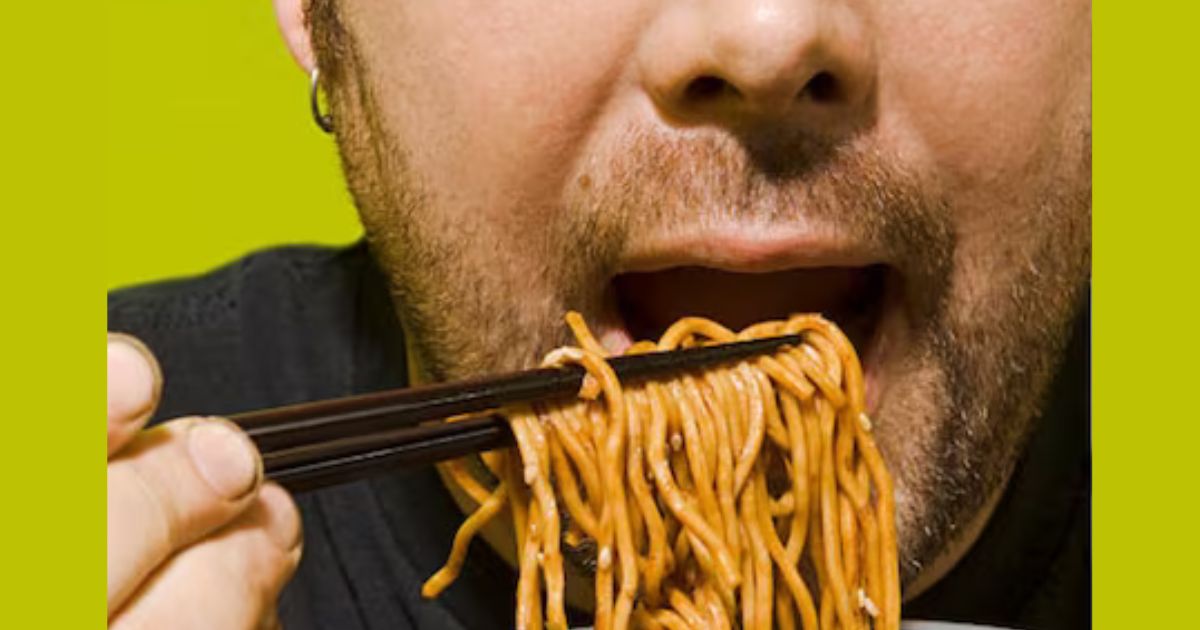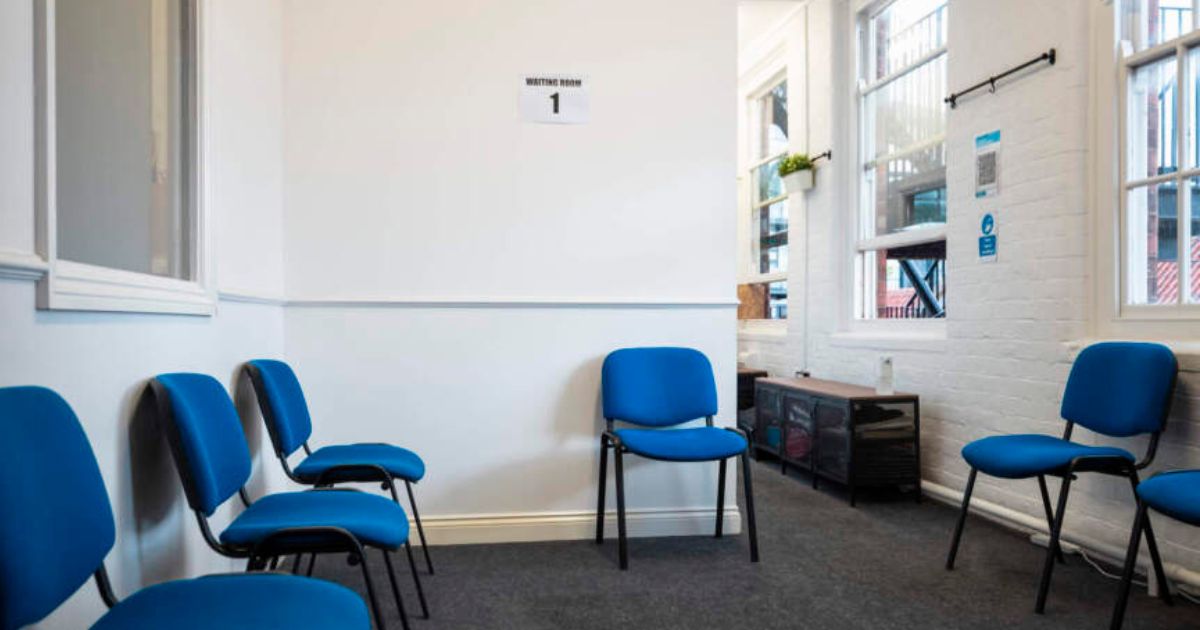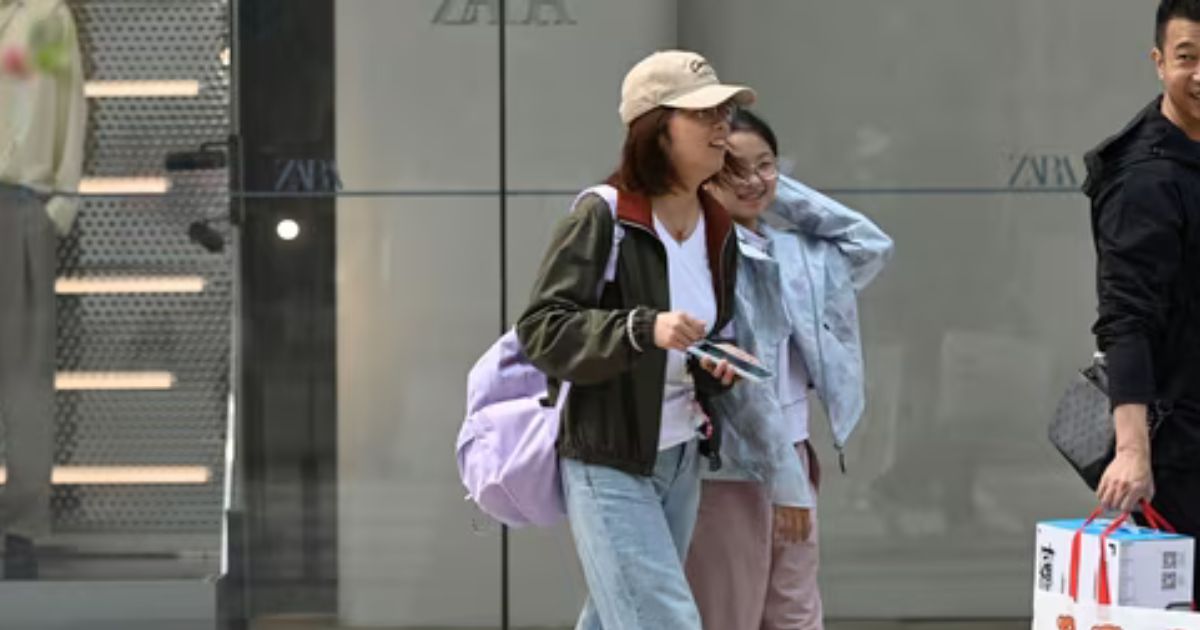In the fast-paced realm of evolving food trends, a peculiar yet intriguing craze has emerged: rat snacking. Inspired by the scavenging behavior of rodents, this trend has captured the attention of food enthusiasts worldwide, prompting individuals to indulge in snacks between meals and experiment with unconventional food combinations.
Rat snacking revolves around the concept of mimicking rodent behavior by scavenging for leftover food and creating impromptu meals with odds and ends. It encourages creativity in the kitchen, allowing individuals to transform leftovers into delightful bites akin to the ingenious culinary reinventions of our mothers.
The popularity of rat snacking can be attributed to various factors, including its alignment with intermittent fasting practices. By consuming snacks between meals in brief, concentrated periods, individuals can manage their weight effectively without the need for constant calorie counting. This flexible approach to eating appeals to those seeking dietary freedom and convenience.
Expert Opinion On Rat Snacking
However, experts caution against the mindless consumption of leftovers, emphasizing the importance of a balanced and healthy dietary pattern. While rat snacking offers flexibility and creativity, it may lack essential nutrients found in balanced meals. Therefore, it’s crucial to prioritize nutrient-rich foods for overall health and well-being.
Addressing the weight management aspect, rat snacking may help regulate hunger levels and prevent overeating during main meals, thereby supporting weight management goals. Additionally, the thrill of experimenting with unconventional food combinations provides a unique dopamine rush, enhancing the overall culinary experience for individuals amidst their hectic schedules.
As individuals navigate the intriguing world of rat snacking, it’s essential to approach this trend with caution and mindfulness. While it encourages creativity and experimentation, moderation, balance, and mindful eating practices are key to deriving the benefits of rat snacking while minimizing potential drawbacks.
In conclusion, rat snacking represents a unique and unconventional approach to food consumption, characterized by scavenging for leftovers and experimenting with impromptu meal creations. By embracing moderation and mindful eating, individuals can savor the joy of culinary experimentation while prioritizing their health and well-being in the process.








Leave a Reply
You must be logged in to post a comment.